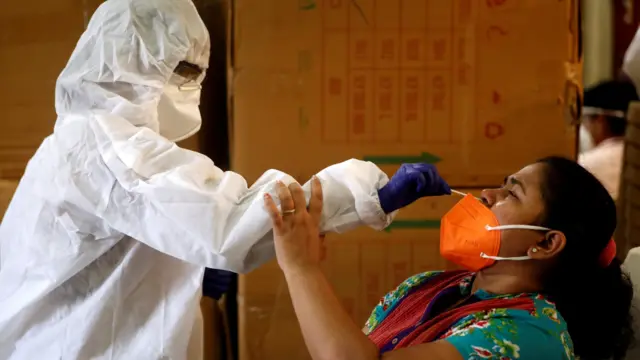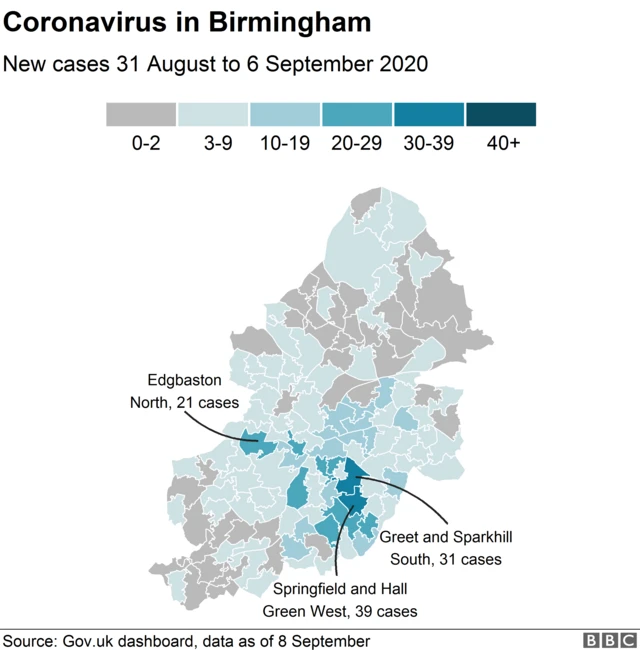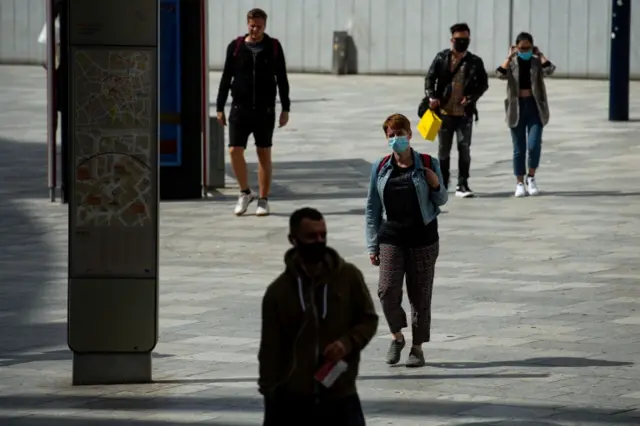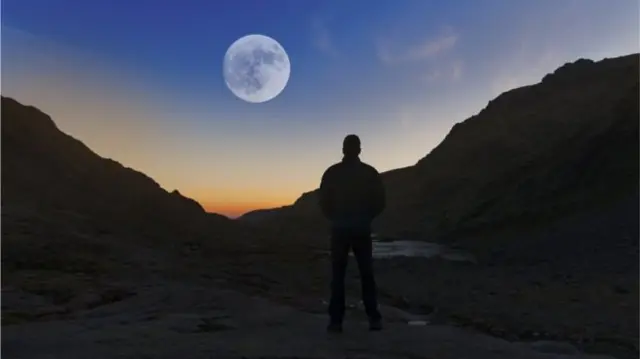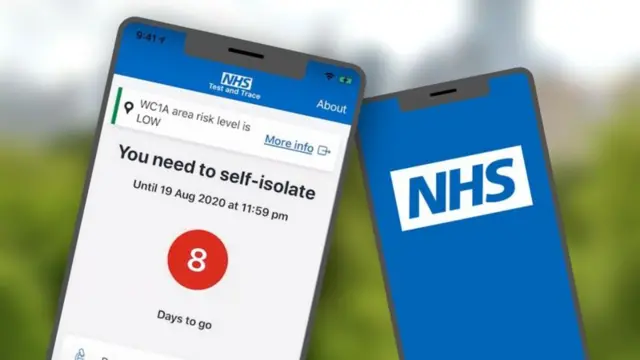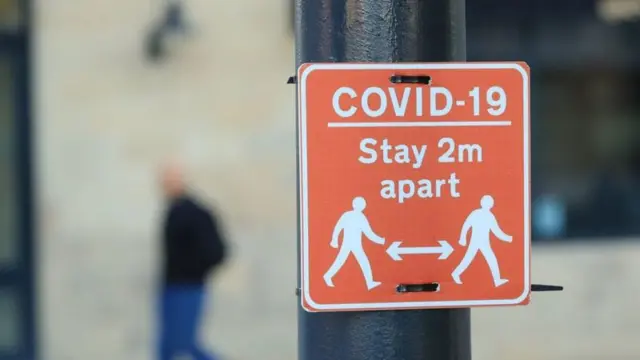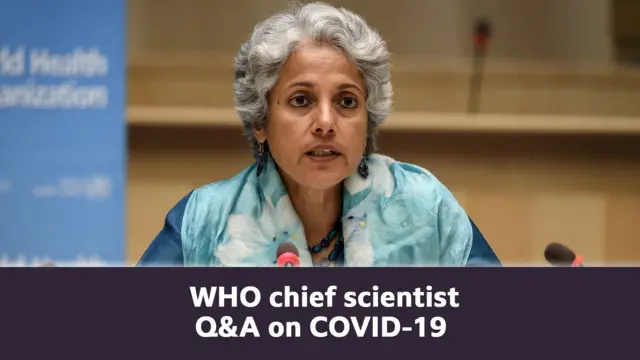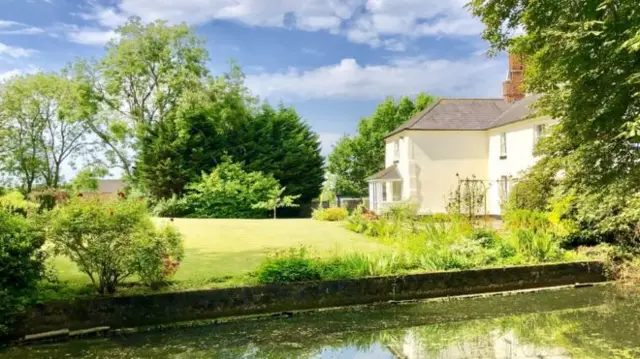Remembering those lost to Covid-19published at 15:40 BST 11 September 2020
 BBC OS
BBC OS

Zabel Hamalian
Today marks six months since the World Health Organization declared Covid-19 a global pandemic.
BBC OS on World Service radio has been paying tribute to the lives lost.
Today, the programme is hearing about those who died in war zones - in countries where coronavirus is one of many threats to people's lives.
Zabel Hamalian lived in Aleppo, Syria. She died on 18 August 2020, aged 78.
Her nephew, Hrag Vartanian, remembers her.
"It's funny what we remember about the people that we love.
"I remember Zabel as the highly coiffed and very independent, intelligent aunt who loved to look chic - and she always did.
"My mom remembers a younger sister who ate only fried eggs for years, and how the two of them would compete to read the newspaper every day so that when their father came home they could discuss the day's news as a family.
"Many will also remember my aunt Zabel as a beloved teacher to generations of children in Aleppo.
"As soon as I found out aunt Zabel was ill, I called her. But by then she was already having trouble hearing.
"It reminded me how difficult it is to connect with loved ones when they're so far away, often leaving us frustrated for the storybook ending we hoped for.
"Goodbye Zabel. It's a cruel reality that you survived a war and have been taken from us now. I love you."
Listen to "Remembering those lost to Covid-19" on BBC OS here at 17:00 BST


